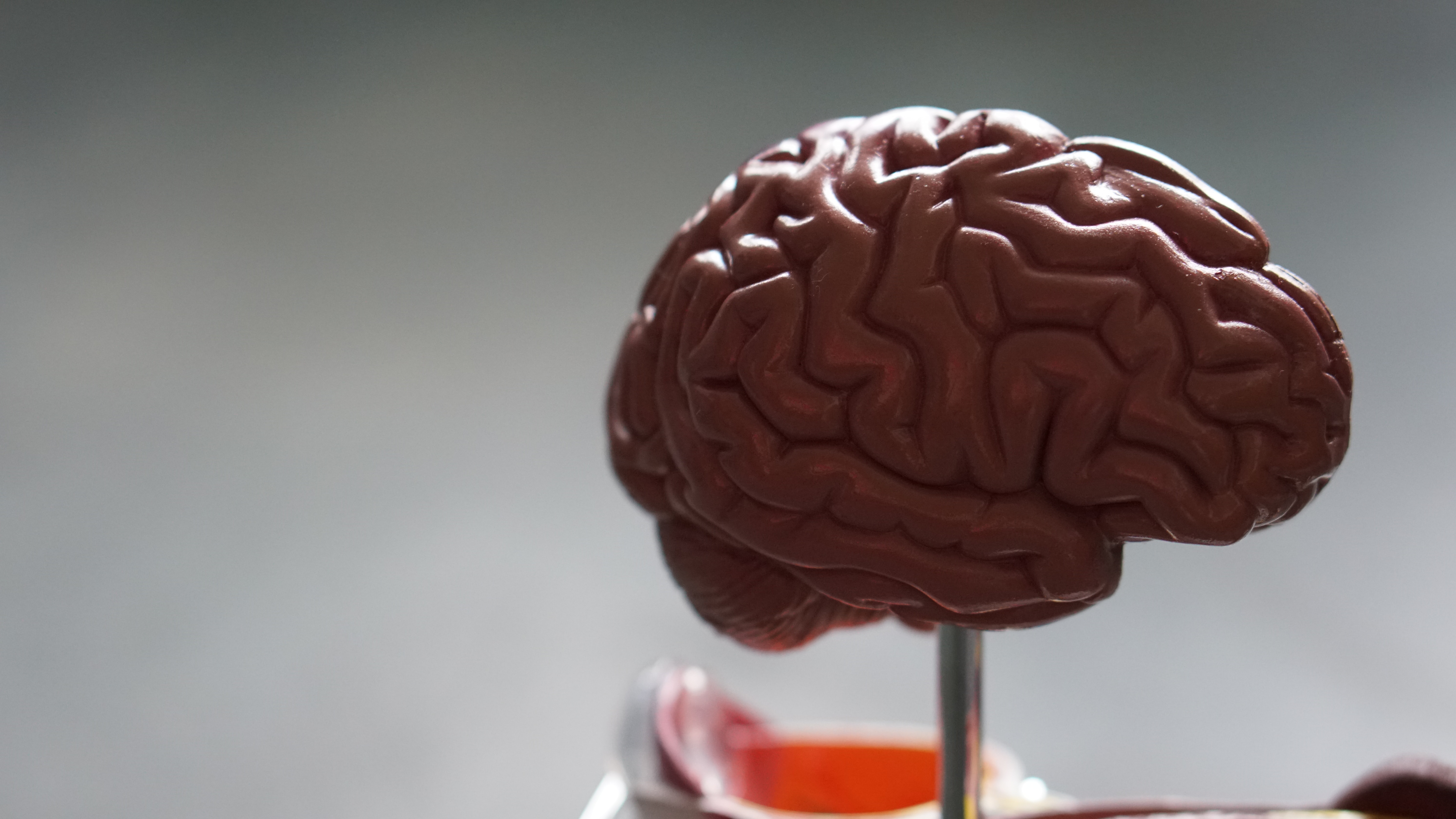News release
From:
Serum amyloid P component accumulates and persists in neurones following traumatic brain injury
Open Biology
Summary: Traumatic brain injury is common and can lead to dementia. Increased entry of a normal blood protein, called SAP, into the brain is associated with many conditions that increase risk of dementia. SAP from the blood is poisonous for brain nerve cells and may therefore kill them after head injury but this has not previously been studied. We have now found that SAP was present inside brain cells in bruised brain tissue after severe head injury. SAP may thereby contribute to dementia after head injury and treatment to remove SAP may thus protect the brain.
- Brain injury – A blood protein, known to be toxic to brain neurons, may contribute to dementia following traumatic brain injury (TBI). The blood protein Serum amyloid P (SAP) is neurotoxic and normally excluded from the brain. SAP was found in bruised brain tissue samples from 18 of 32 TBI patients recruited at a London and Taiwanese hospital. Elevated SAP in the brain is common to many risk factors for dementia. One of the authors has developed a SAP-depleting drug that is currently in clinical trials. Open Biology



 International
International



